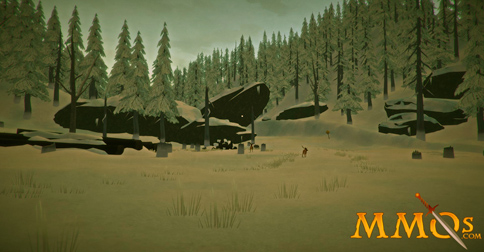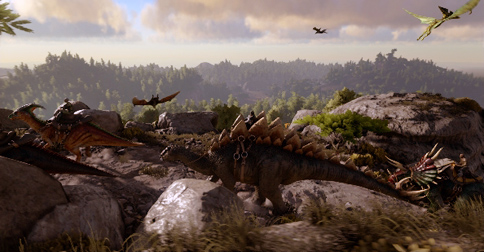Survival games are really a subgenre of action gaming systems that generally start the gamer off with minimal strategies, in a hostile, open-world natural world, and require them to recover resources, craft tools, guns, and shelter, and survive in the event that possible. Many survival games depend on randomly or procedurally generated relentless environments, with more most recently created games often playable via the internet, with multiple players using one persistent world. Survival games are typically open-ended, with no set in place goals, and are often closely connected to the survival horror variety, in which the player must survive quickly supernatural setting, such in the form of the zombie apocalypse.
Gameplay
Survival games are believed an extension of common cd themes where the player-character is normally stranded or separated right from others and must work exclusively to survive and complete an objective. Survival games primarily concentration on the survival parts the hands down games while encouraging exploration of the open world. They really are primarily action games, though some gameplay elements included in the action-adventure genre -- that include resource management and item crafting -- are commonly found in the survival game, and are often central elements in the most titles, like Survival Small children. At the start of the survival game, the player has typically placed alone in all the game's world with a small number of resources. It is common for players to spend most of or an entirety of golf without encountering a polite non-player character; since NPCs are usually hostile to the musician, an emphasis is placed relating to avoidance, rather than confrontation. In some games, still, combat is unavoidable and offers the player with vital resources (i. e., cuisine, weapons, and armor).
In the most titles, the world itself often is generated randomly so which usually players must actively investigate food and weapons, with knowledge from previous games available for visual and sound experience cues about where resources could very well be found nearby. The player-character will routinely have a health bar, and that can take damage from cascading, starving, drowning, stepping right into lava or similar deadly liquids, or being attacked just by monsters that inhabit everybody. Other metrics may also receive play; the survival title Won't Starve features both a separate hunger gauge and a fabulous sanity meter, which (if permitted to fully deplete) will cause the death of the character. In some game, character death is not likely 'the end'; the player might also return to the point the point at which his character died to make sure you retrieve lost equipment. Other sorts of survival games use permadeath: the character has one life, and dying requires of the fact that game is restarted right from the start. While many survival games are focused on constantly putting the player at risk from hostile creatures or environmental surroundings, others may downplay how many danger the player hearts and instead encourage a great deal more open-world gameplay, where player-character death can still occur if for example, the player is not conscientious or properly equipped.











